

This PhD research proposal will investigate how proactive behaviors in social robots will foster collaboration and prosociality. In hybrid
societies of humans and agents (especially embodied agents such as social robots), collaboration is the key ingredient for successful task
execution. Humans and robots will work in teams, complementing each other, due to their different competencies. However, for robots to
successfully be part of hybrid humans-AI teams, they need to exhibit some degree of pro-activity, and decide by themselves when and how to
act, when and how to collaborate with the humans. For years, the main approach for creating proactive agents or robots has been rule-based
approaches, which are used to ensure reliable and predictable behavior. Yet, this research will investigate new ways to implement proactivity in
social agents, relying on data captured in collaborative tasks, and study its impact on the degree of collaboration and prosociality achieved
within hybrid teams. The work will seek to place itself in health case scenarios, investigating its applicability for hybrid teams in that application
domain. This research will contribute to the field of human-AI interaction and social artificial intelligence.


